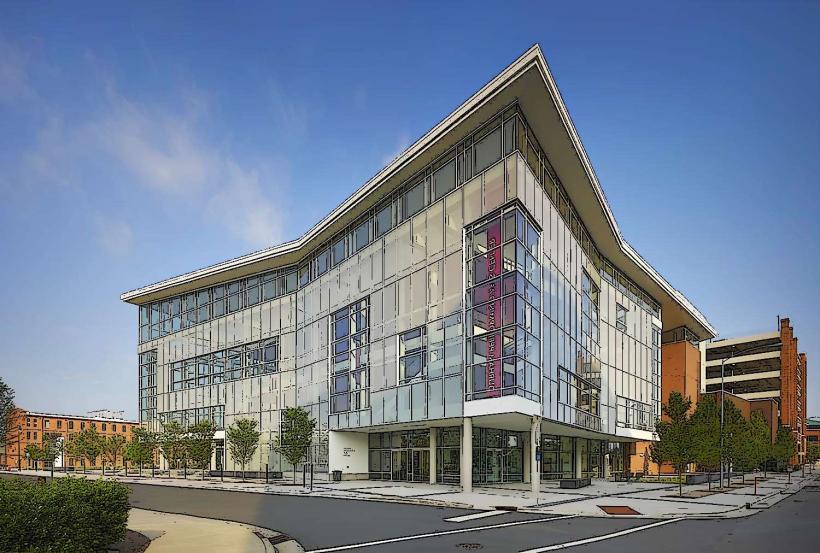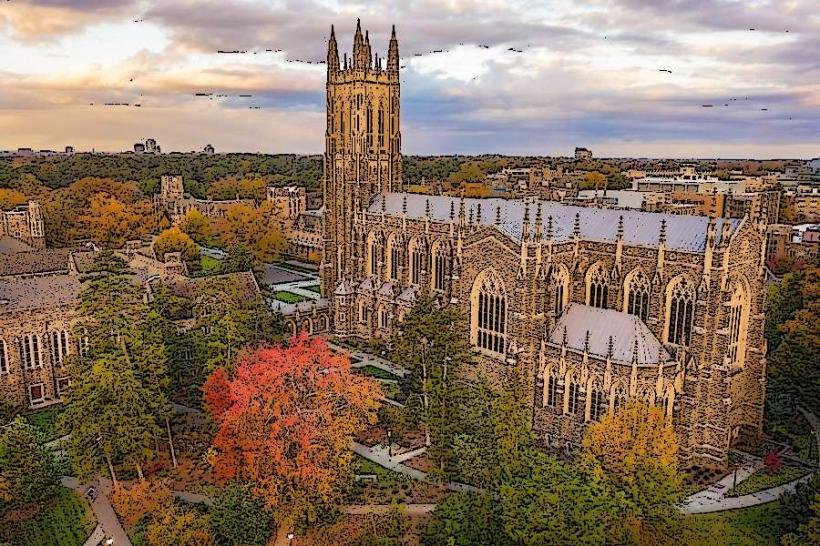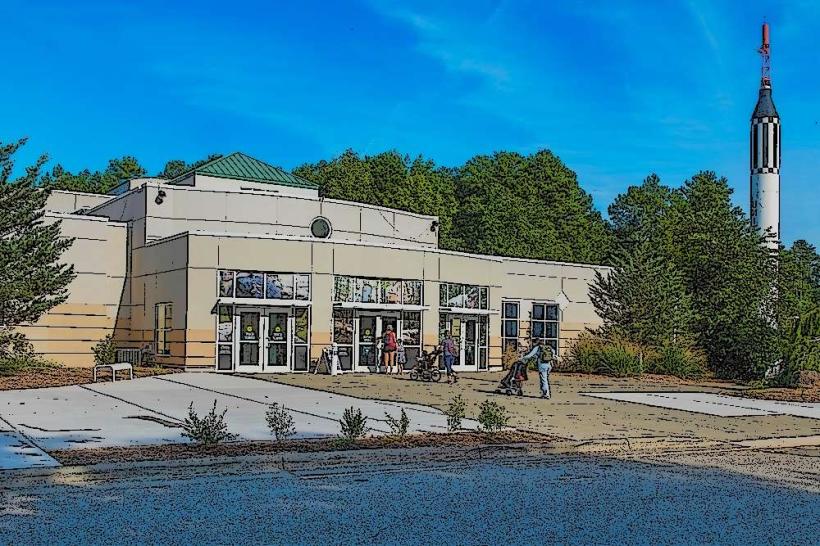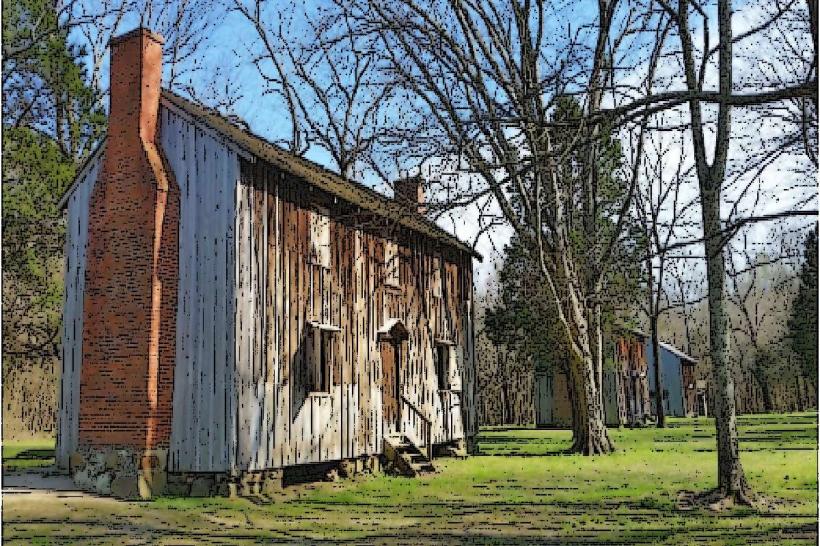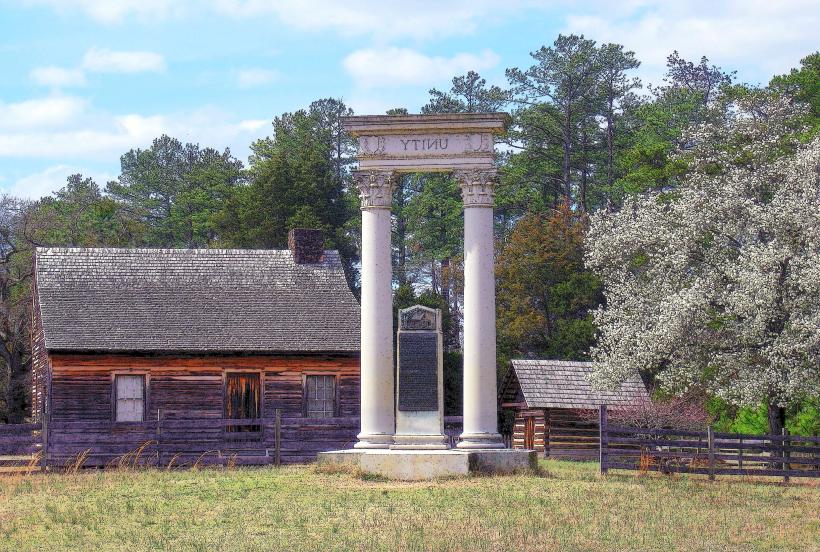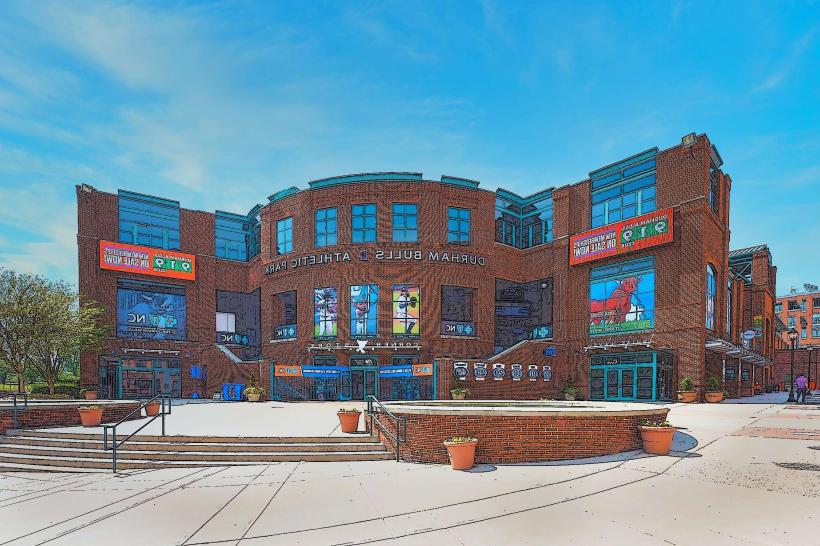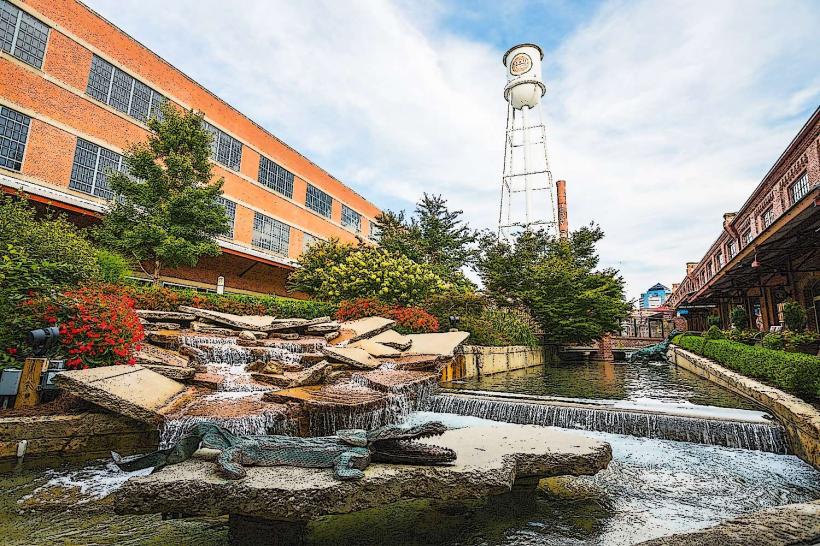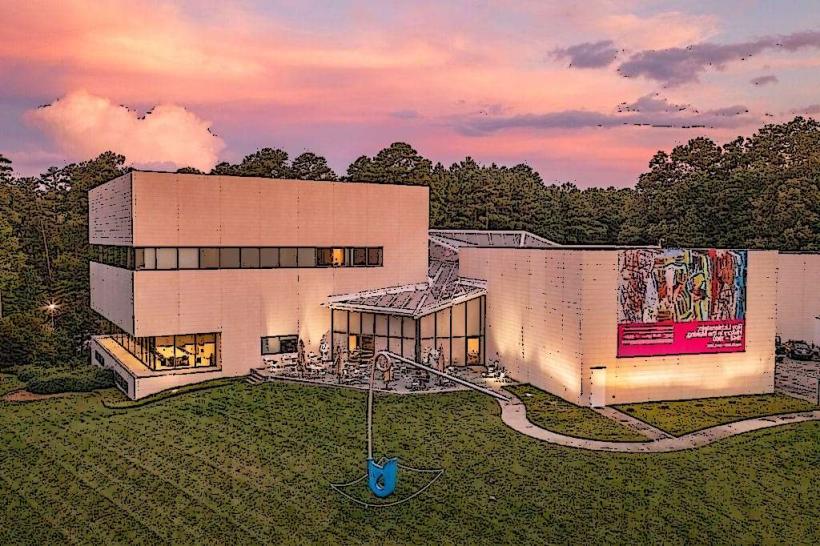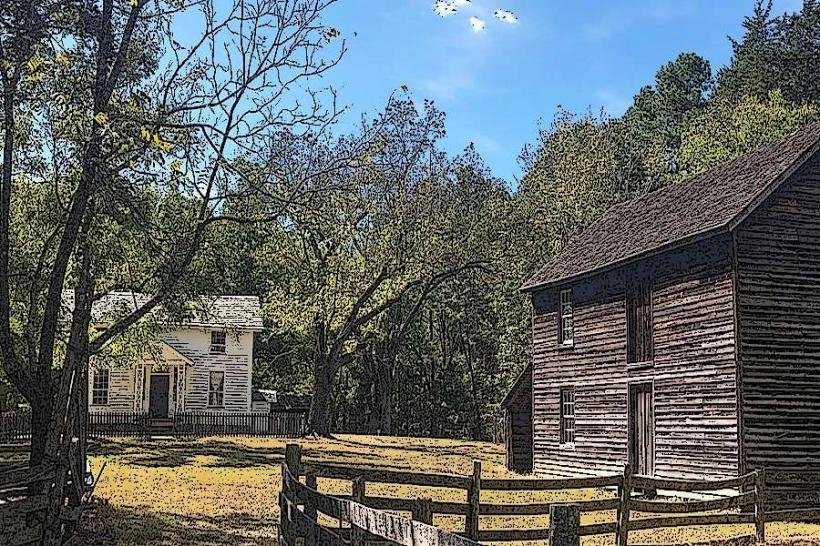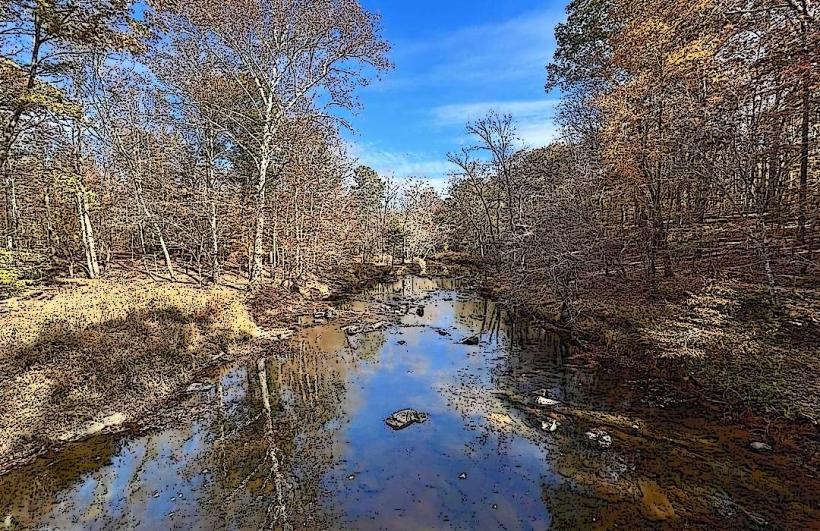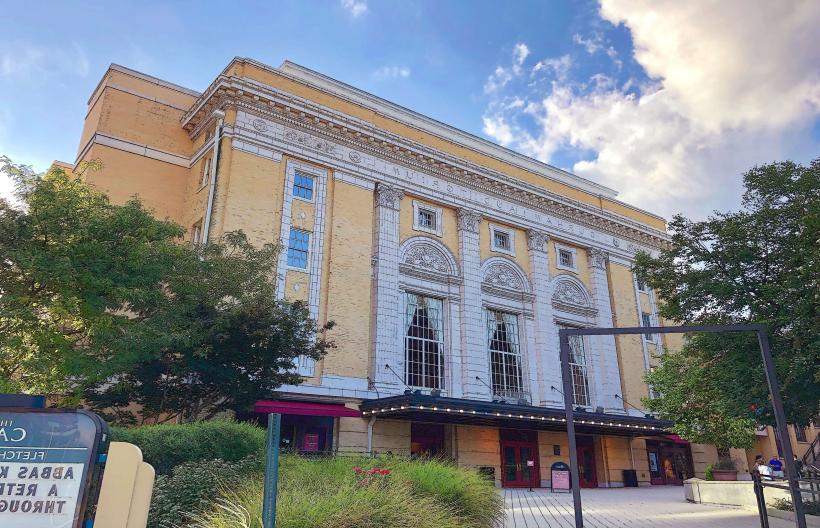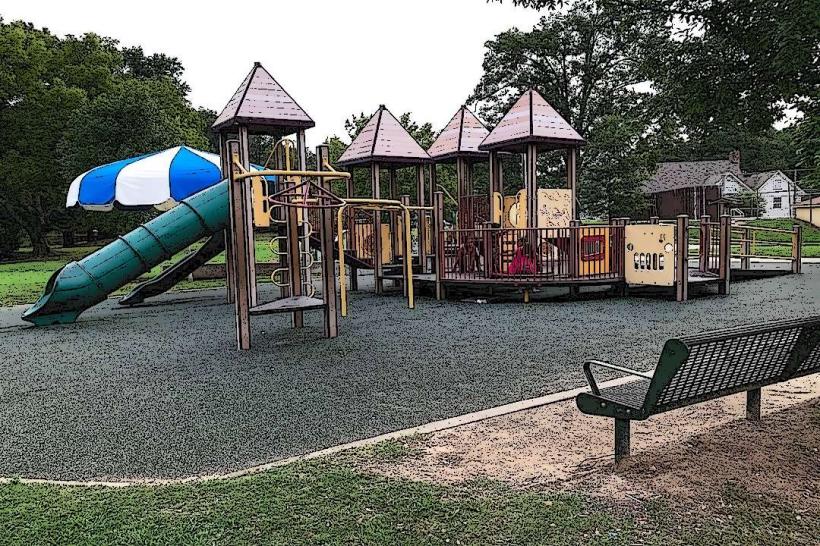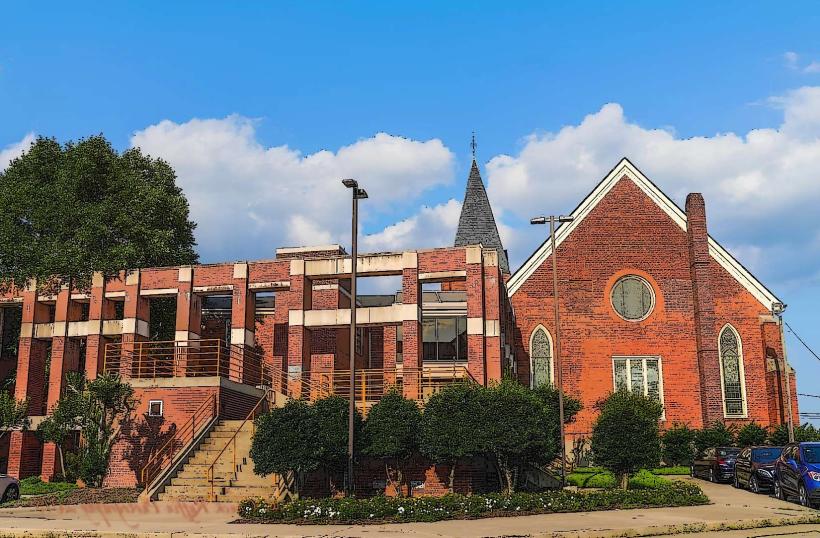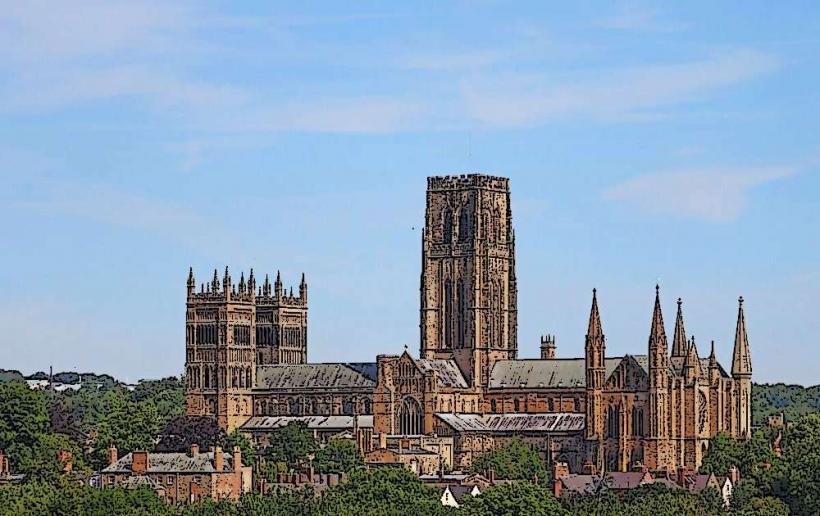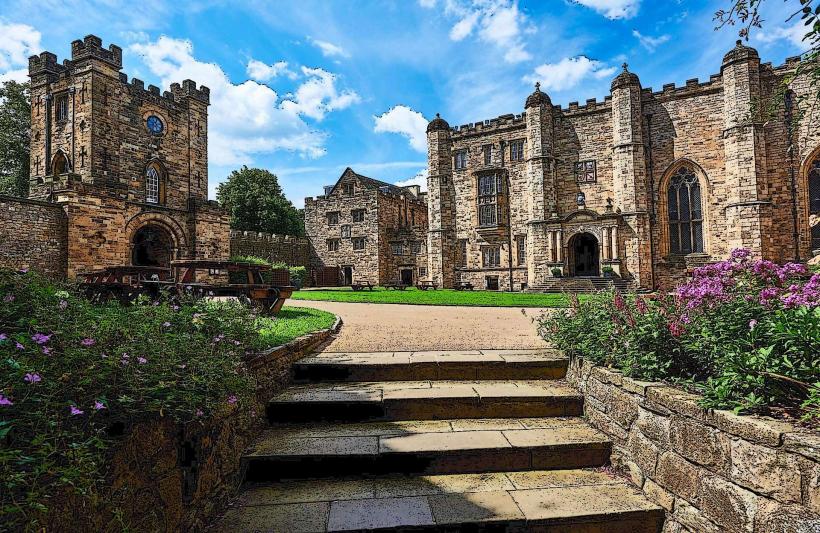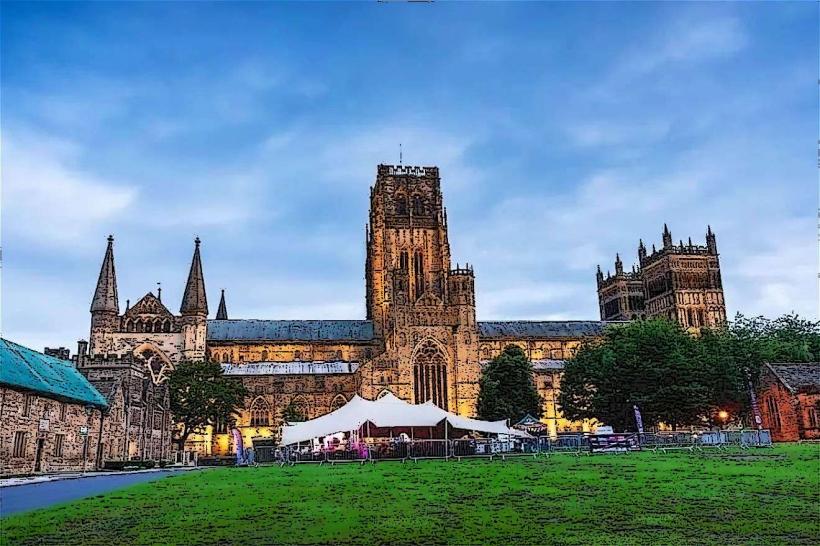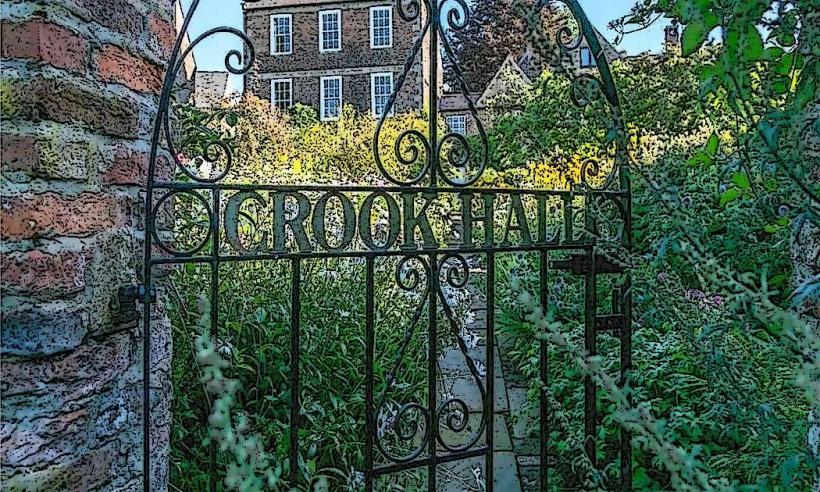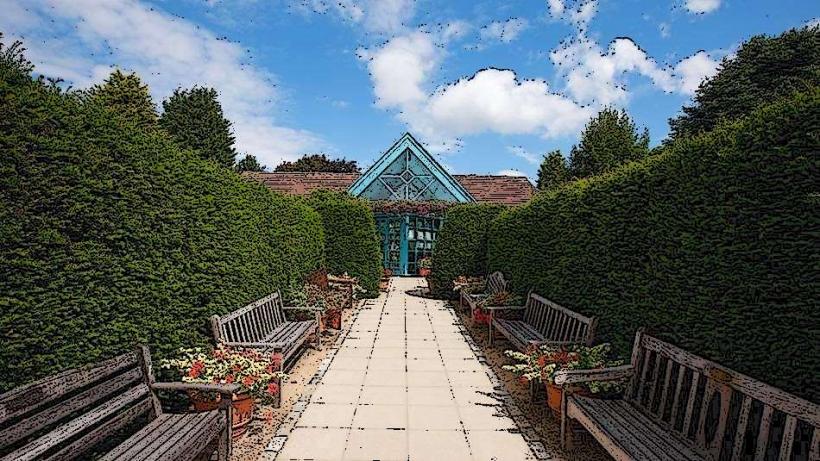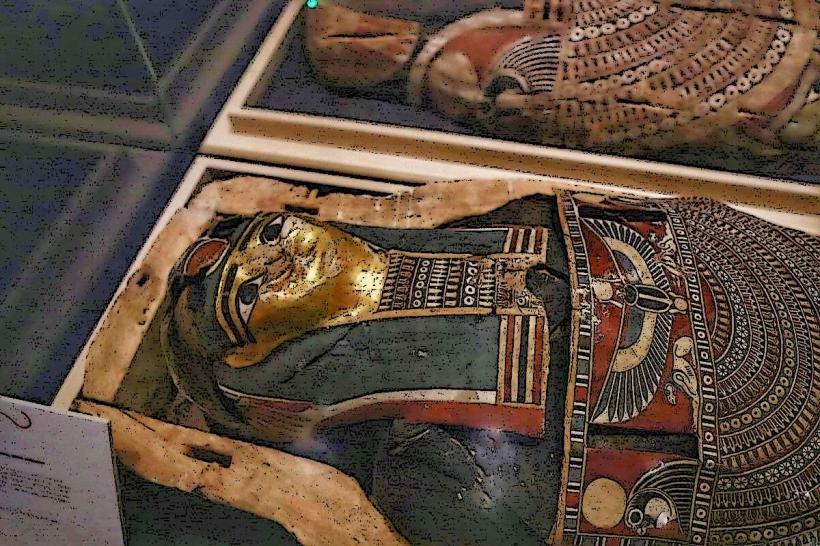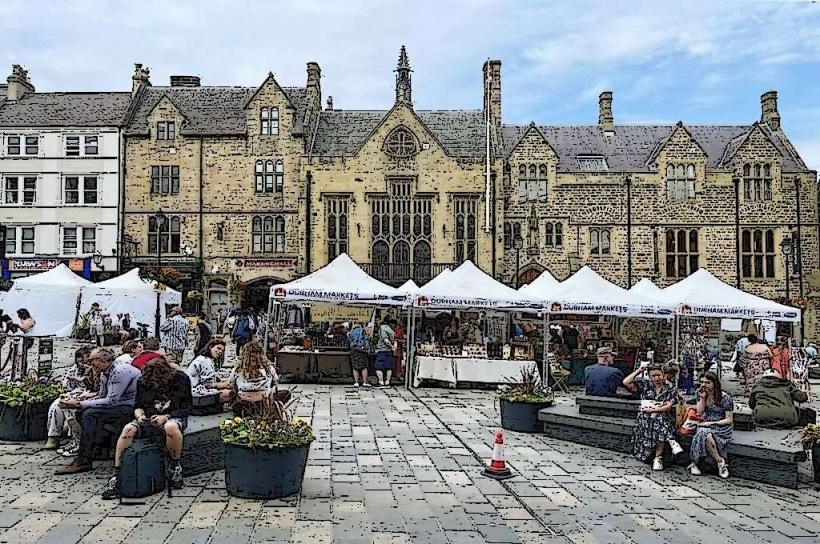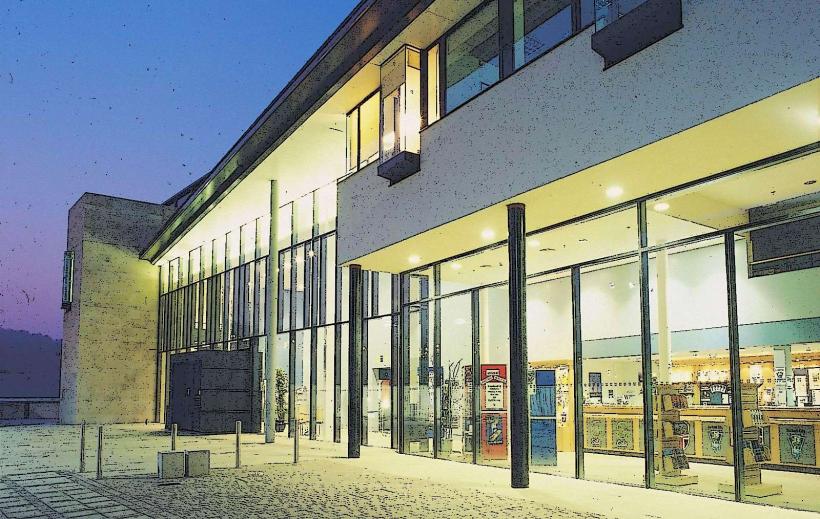Information
Landmark: West Point on the EnoCity: Durham
Country: USA North Carolina
Continent: North America
West Point on the Eno, Durham, USA North Carolina, North America
West Point on the Eno is a remarkable 404-acre urban natural and historic park located along the scenic Eno River, approximately six miles north of downtown Durham, North Carolina. It is a treasured destination that combines outdoor recreation with rich historical preservation, offering visitors a unique experience that highlights both the natural environment of the Eno River Valley and the area’s cultural heritage.
Natural Environment and Outdoor Recreation
The park is centered around a two-mile stretch of the Eno River, one of the cleanest and most picturesque rivers in the region. The natural landscape is characterized by dense woodlands, river bluffs, wetlands, and diverse wildlife habitats, making it an important area for conservation and environmental education.
Trails: West Point on the Eno features about five miles of well-maintained trails that wind through forested areas and alongside the river. These trails vary in difficulty and length, offering opportunities for hiking, birdwatching, nature photography, and peaceful walks. The trails provide beautiful views of the river’s rapids, pools, and natural rock formations.
Canoeing and Fishing: The Eno River’s calm stretches at the park are popular for canoeing and kayaking during warmer months. The river also supports recreational fishing, with species such as sunfish and bass found in its waters, attracting anglers looking for a tranquil fishing experience amid nature.
Picnic Facilities: West Point on the Eno offers several picnic areas with tables and grills scattered throughout the park. A large picnic shelter is available for group gatherings, family reunions, and community events. These facilities provide scenic spots for visitors to relax, dine outdoors, and enjoy the natural surroundings.
Historic Structures and Cultural Heritage
West Point on the Eno is also a significant historic site, preserving structures that date back to the 18th and 19th centuries, reflecting the area’s past as an early industrial and agricultural community along the river.
West Point Mill: The centerpiece of the park’s historical offerings is the West Point Mill, originally built around 1778 and operational for more than 160 years until 1942. The mill was a gristmill used by local farmers to grind grain into flour and meal. Today, the mill has been carefully reconstructed and operates as a working mill and museum. Visitors can observe the water-powered grinding process and learn about early milling technology and rural life during the mill’s period of operation.
McCown-Mangum House: Located near the mill, this historic farmhouse was constructed in the 1840s in the Greek Revival style. It was home to John Cabe McCown, who owned the mill during the 19th century. The house is furnished with period-appropriate artifacts and provides guided tours that offer insight into domestic life during the antebellum and post-Civil War eras.
Hugh Mangum Museum of Photography: This museum is housed in a restored tobacco packhouse on the park grounds. It showcases the photographic work of Hugh Mangum, a notable early 20th-century photographer who captured portraits of local residents and African American communities. The museum offers rotating exhibitions and educational programs that explore photographic history and cultural documentation in the region.
Programs, Events, and Visitor Engagement
West Point on the Eno actively engages the community through educational programs, guided tours, and special events that highlight both its natural and historical assets.
Guided Tours: From mid-January through mid-December, the park offers guided tours on Saturdays and Sundays. These tours provide visitors with detailed historical context about the mill, farmhouse, and photography museum, as well as interpretive information about the Eno River’s ecology and conservation efforts.
Festival for the Eno: One of the park’s signature annual events is the Festival for the Eno, held on July 4th. This lively festival celebrates the river and the surrounding community with live music performances, local food vendors, craft booths, and family-friendly activities. It draws large crowds and emphasizes environmental stewardship and cultural heritage.
Educational Outreach: The park frequently hosts school groups, environmental workshops, and history presentations, making it a valuable resource for local educators and students. Interpretive signage along the trails and at historic sites enhances the self-guided visitor experience.
Visitor Facilities and Practical Information
West Point on the Eno is equipped with amenities to accommodate a wide range of visitors:
Hours: The park is open daily from 8:00 AM until dusk. Historic buildings, including the mill and McCown-Mangum House, are open for tours on weekends (Saturdays and Sundays) from 1:00 PM to 5:00 PM, generally from April through mid-December.
Location and Access: The park’s main entrance is at 5101 North Roxboro Street, Durham, NC 27704. Ample parking is available on-site. The location is convenient for both locals and visitors seeking a natural retreat close to the city.
Facilities: Restroom facilities are available near the parking area. Picnic shelters and tables provide comfortable spaces for groups. The park is family-friendly and suitable for visitors of all ages.
Summary
West Point on the Eno serves as a harmonious blend of nature conservation, historic preservation, and community recreation. It offers a rare opportunity to explore a beautiful river ecosystem while stepping back in time to experience life in an early American milling community. The park’s combination of trails, waterways, historic buildings, and cultural programs makes it an essential destination in Durham for outdoor enthusiasts, history lovers, and families seeking a scenic and educational day out.

